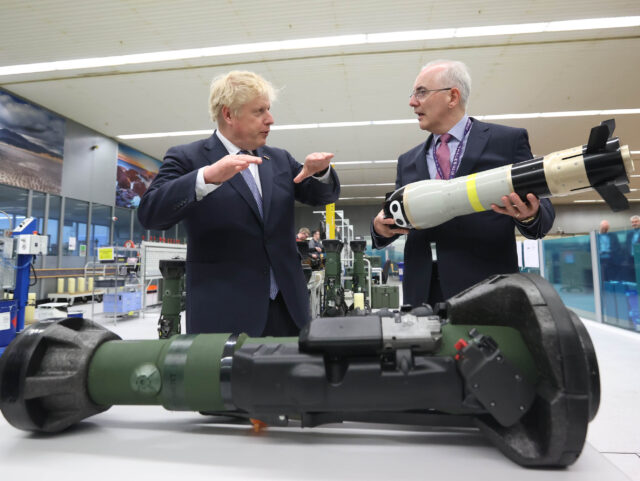Polling suggests that only a minority of young, military-age Britons support their country’s role in the Russo-Ukrainian war, while a huge majority of much older Britons are in favour of it.
Research carried out by Ipsos for The Times found that only 45 per cent of people aged 16-34 support the British government’s current role in Ukraine — arming and training Ukrainian forces, often on British soil, and engaging in a sanctions war with Russia — compared to 80 per cent of people aged 55-75.
This is not to say that 65 per cent of young Britons are actually opposed to the government’s actions — that figure stands at 15 per cent, with 32 per cent of the cohort neither supporting nor opposing and eight per cent having failed to form an opinion.
The proportion of people opposed to British involvement is also 15 per cent among those aged 35-54, although those with a neutral stance are far fewer, at 16 per cent, and those with a supportive stance more numerous, at 63 per cent.
Across the population as a whole, 62 per cent of those polled were supportive, 18 per cent neutral, 14 per cent opposed, and 6 per cent unsure.
Conservative voters were much more supportive than Labour voters, at 75 per cent, but the proportion of supportive Labour voters was still high at 62 per cent.
“Support is particularly high among older people and Conservative supporters, but most Labour voters also support Britain’s current role too,” commented the head of politics research in public affairs for Ipsos, Gideon Skinner, of the findings.
“Opposition is low among all groups, although young people are more likely to be neutral. This is not completely unusual and partly reflects the higher priority given to defence by older people,” he suggested — although it may also reflect young people being more concerned about being personally dragged into a general war, or the fact that they tend to be more likely to access non-mainstream sources of information and opinion on current affairs online than older people.
The findings in the United Kingdom are similar to those in Sweden with respect to the Scandinavian country’s aspirations to join NATO in response to the war.
There, military-aged men aged 18-29 polled as least supportive of joining the military alliance in May, with support and opposition tied at 43 per cent.
Women in the same age cohort — probably less likely to be drafted to the front lines in the event of a major conflict — were somewhat more supportive of joining, at 45 per cent, and much lesss opposed, at 32 per cent.
Elderly Swedes aged 65-79 — extremely unlikely to be asked to fight — were meanwhile strongly in favour of NATO membership, at 61 per cent.

COMMENTS
Please let us know if you're having issues with commenting.